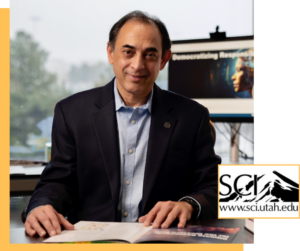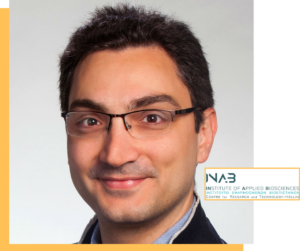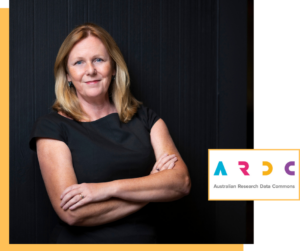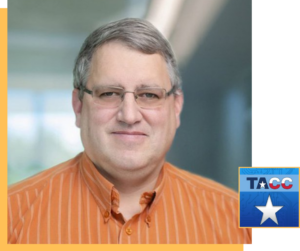Session 14: The role of RIs in training the digital workforce
Wednesday, 4th December 2.00PM AEST | Breakout session
Research infrastructures are essential in maximizing research impact, but reliant on access to a skilled workforce. We’ll explore the pivotal role RIs play in providing crucial data and research software to train a digitally adept workforce, for their own needs and broader research communities.
The session will highlight strategies for developing expertise in advanced technologies and the foundational computational skills necessary for effective utilization. By fostering these capabilities, RIs not only enhance their own operations but also empower researchers to harness cutting-edge tools for impactful discoveries.

Moderator
Manish Parashar is Director of the Scientific Computing and Imaging (SCI) Institute, Chair in Computational Science and Engineering, and Presidential Professor, Kalhert School of Computing at the University of Utah. Manish’s expertise is in high performance parallel and distributed computing and cyberinfrastructure. Manish is Fellow of AAAS, ACM, and IEEE/IEEE Computer Society.

Panellist
Fotis Psomopoulos is a Senior Researcher at the Institute of Applied Biosciences (INAB), at the Centre for Research and Technology Hellas (CERTH), in Greece. He is active in training efforts and initiatives, is on the ELIXIR Training Platform Executive Committee, is co-author of the Greek National Plan for Open Science, and coordinates the European Virtual Institute for Research Software Excellence (EVERSE) project.

Panellist
Rosie Hicks is the Chief Executive Officer of the Australian Research Data Commons (ARDC), enabled by NCRIS, to provide Australian researchers with competitive advantage through data. Rosie’s career, spanning Japan, UK and Australia, includes every aspect of scientific instrumentation from product development and technical marketing to the management of multi-user facilities, working in environments that cross academic and industry domains to drive innovation and research translation.

Panellist
Dan Stanzione is Executive Director of the Texas Advanced Computing Center (TACC), one of the leading advanced academic computing centers in the world. He also holds the position of Associate Vice President for Research at The University of Texas at Austin. Stanzione serves as the principal investigator (PI) for the U.S. National Science Foundation (NSF) Leadership Class Computing Facility (LCCF), which started construction in July 2024 and is expected to begin operations in 2026. The LCCF will deploy Horizon, which will be the largest academic supercomputer dedicated to open science research in the NSF portfolio.
We acknowledge the Traditional Owners of the lands and waters throughout Australia, and pay respect to the Elders past, present and emerging. We recognise the importance of connection to culture, land, kinship and community to the health and wellbeing of Aboriginal & Torres Strait Islander families. We acknowledge the cultural practices and traditions still carried out today and being passed down to future generations.


